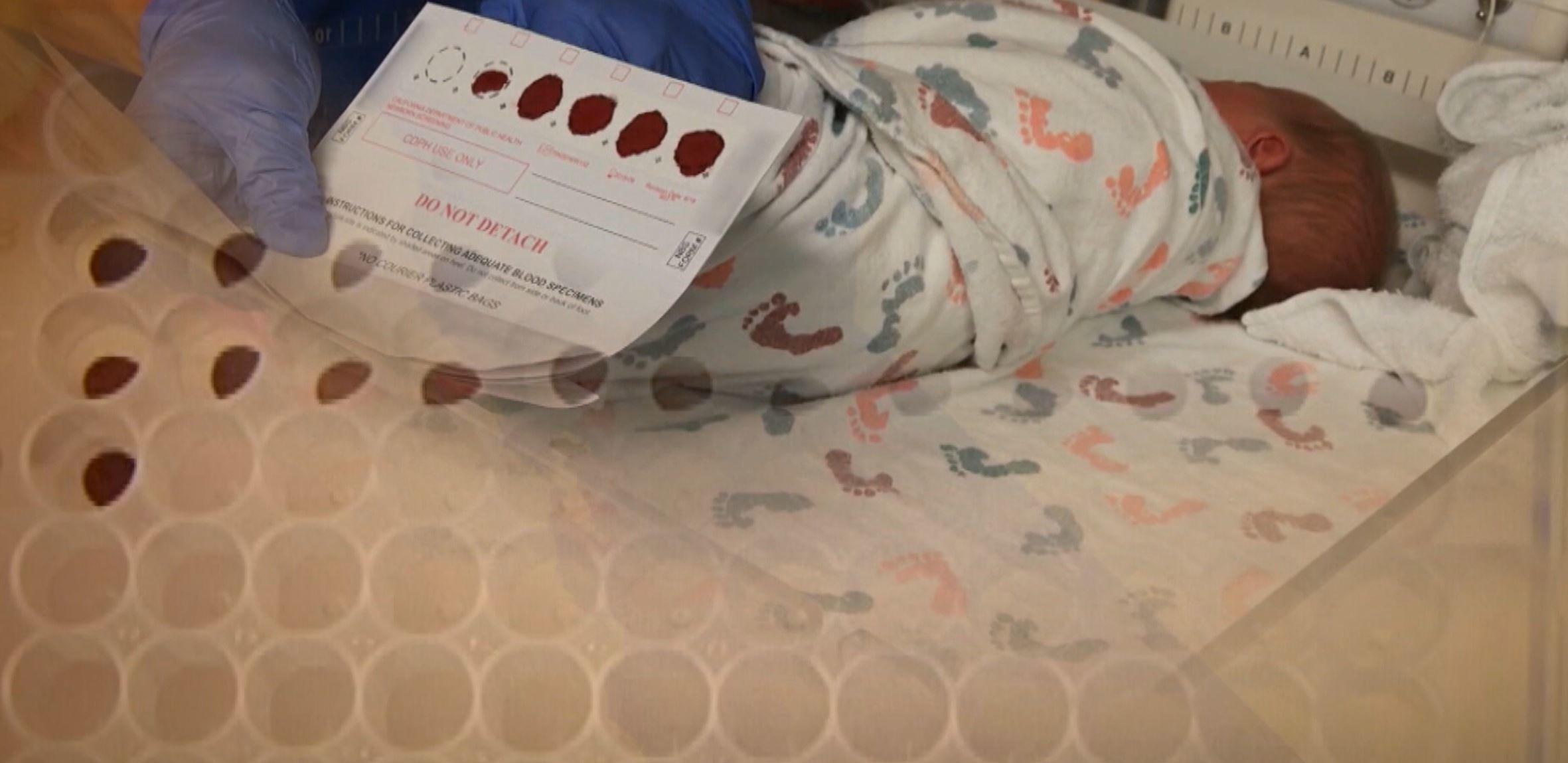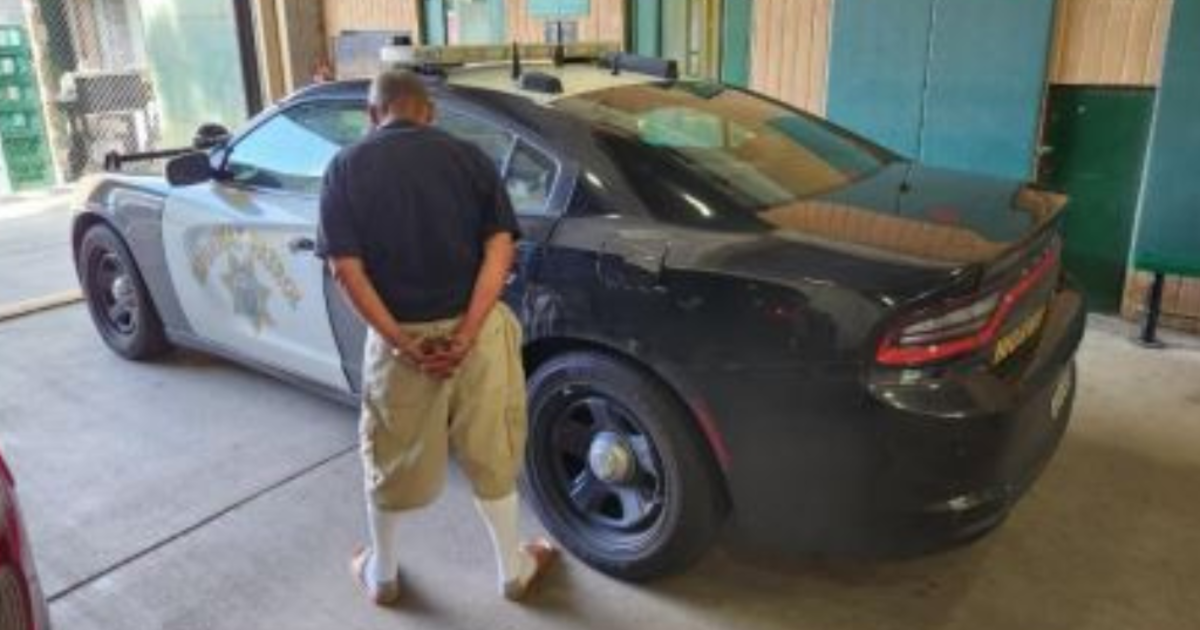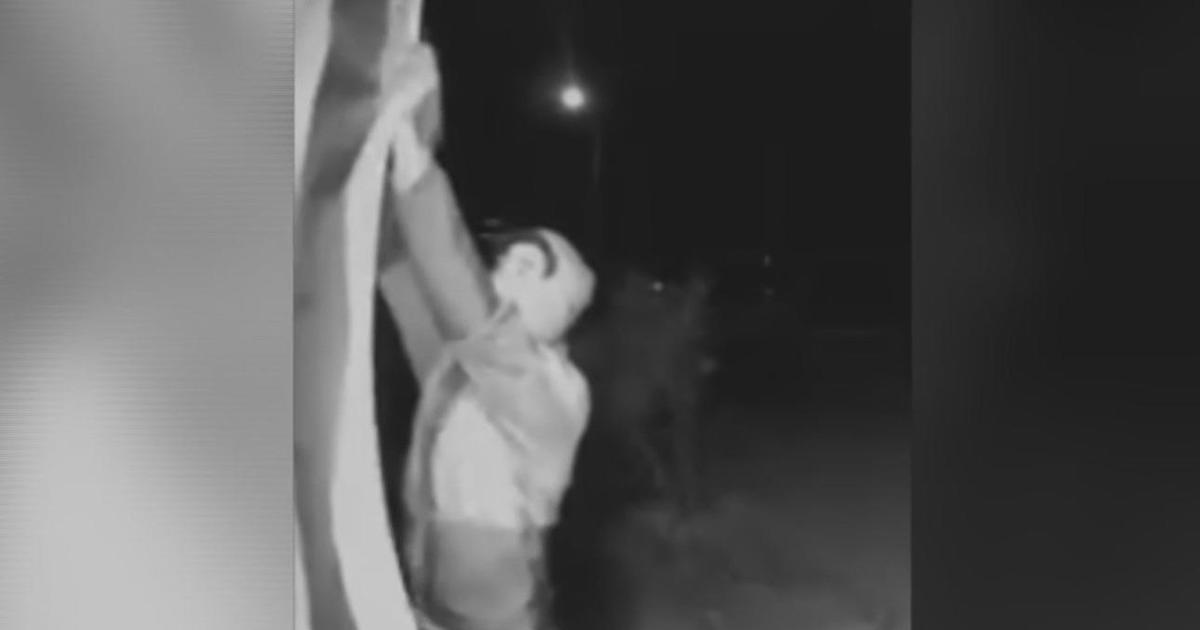Jessica Funk-Haslam Murder: Prop. 69 Allowed DNA Test That Led Police To Suspect
SACRAMENTO (CBS13) — Jessica Funk-Haslam's accused killer is behind bars, thanks in part to a voter-approved measure allowing law enforcement to collect DNA from anyone arrested for a felony.
It's because of Proposition 69 that investigators took Ryan Roberts' DNA after his May arrest in a domestic violence case.
It came back on Wednesday as a positive match to the DNA found on Jessica's body.
Investigators didn't have a name, a face, or even a suspect description. All they had was that DNA.
Seventeen months would pass before the DNA match.
Prop. 69 passed with 62 percent support in 2004, and gave law enforcement the power to collect DNA from suspected felons.
Investigators say that ballot initiative is the reason Jessica Funk-Haslam's killer is behind bars.
But not everyone agrees with the law.
Jessica Gorski says she faces a charge of burglary, and collecting her DNA was a violation of her privacy.
"They basically told me we're going to take a DNA swab from you. They didn't give me a choice."
For years, opponents have argued that collecting DNA without a conviction is a violation of their Fourth Amendment rights against unreasonable search and seizure.
But Sen. Lou Correa, a strong supporter of Prop. 69 says the law has also helped.
"You have a lot of folks now that have been in prison for a long time convicted of a crime that they didn't commit."
It's a debate that will go on for years.
But convicted felon Gilbert Montejano, who is against Prop. 69, says this time the law's put someone behind bars who belongs there.
"It does help the family cope with an unsolved murder."
A 2012 Department of Justice survey shows of 100 suspects whose DNA was collected, 64 were linked to rapes, 19 to robberies and 17 solved murder cases.



